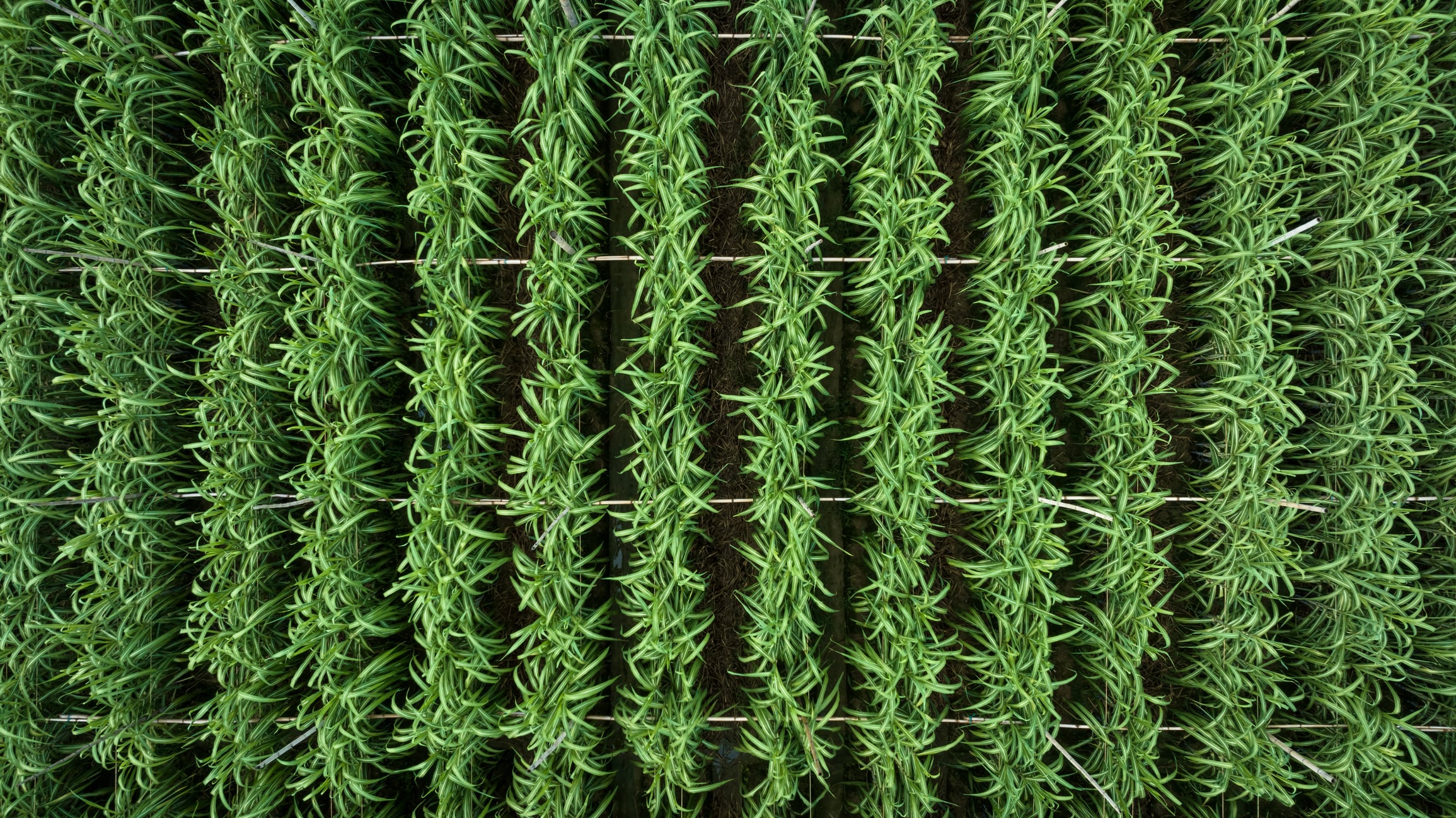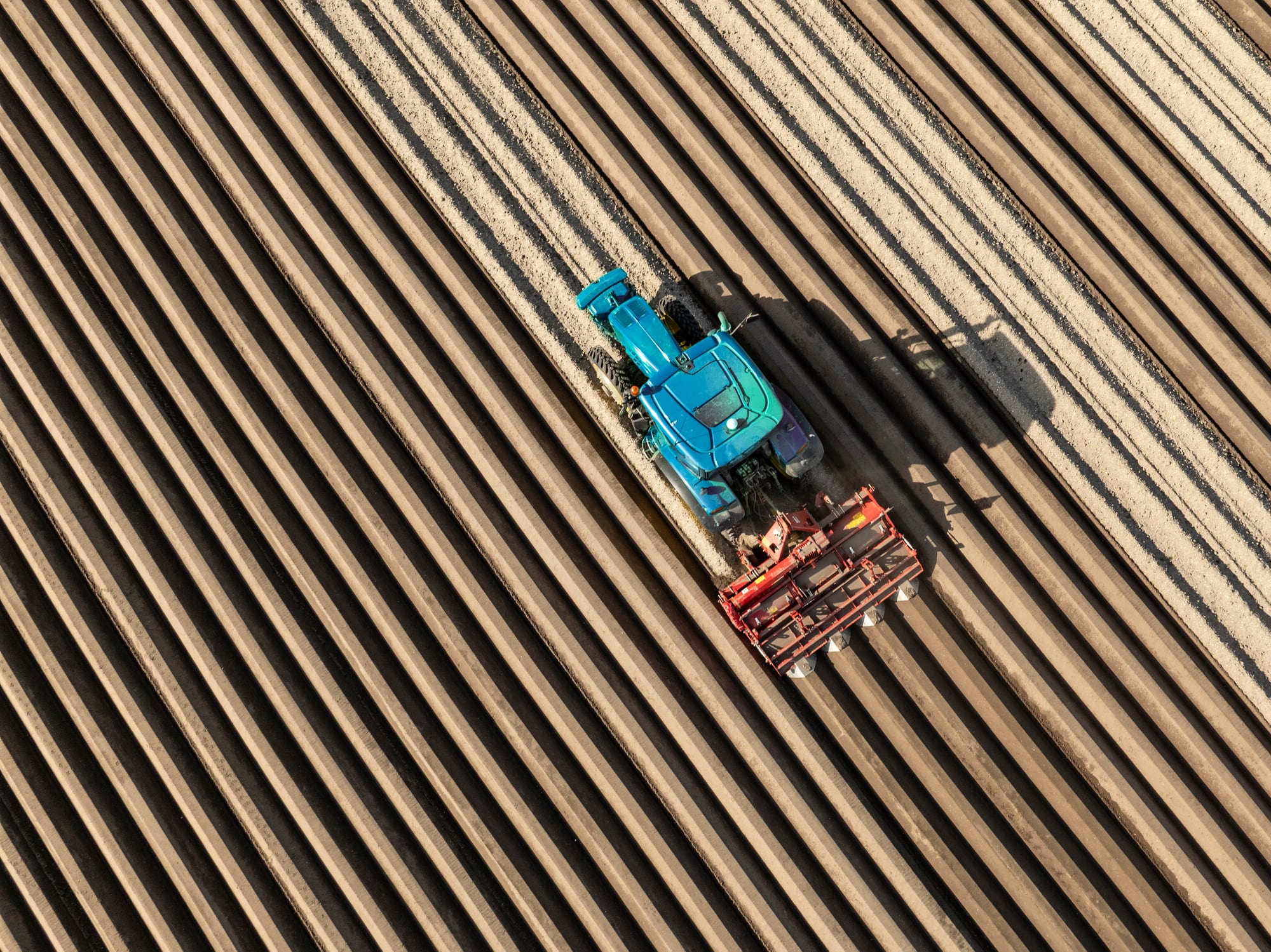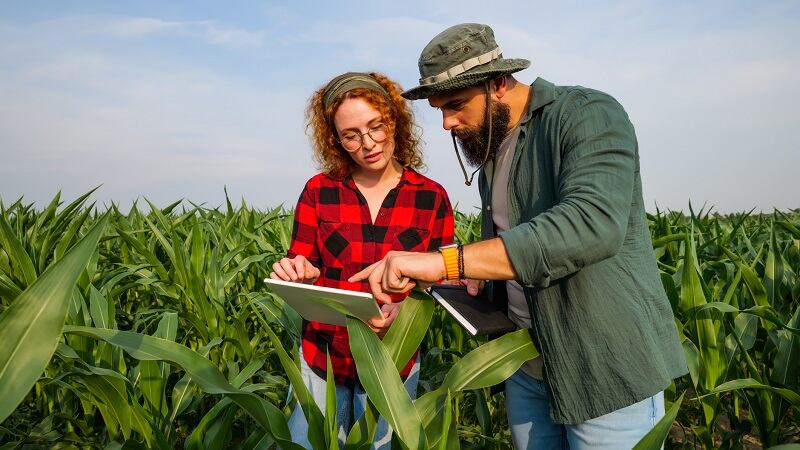ATN: What specific sustainability and business goals does CCEP seek to achieve through the partnership with Avalo and what are the measurable impacts?
NT: We’re working with Avalo to try and reduce the carbon footprint associated with growing sugarcane.
This is something we care about deeply. As a global manufacturer that relies on a stable natural environment to make our drinks, we know we need to play our part in cutting emissions. Around 90% of our carbon emissions come from Scope 3 – and growing the agricultural ingredients for our drinks represents a significant proportion of these (around 28%). But reducing the environmental footprint associated with growing ingredients like sugarcane has, historically, been a challenge.
That’s where Avalo comes in. They use AI to naturally breed lower-input crops that require less fertiliser and less water – which presents us with an incredible opportunity to tackle these emissions at source.
This also means farmers can grow sugarcane, typically a tropical crop, in a wider range of environments. So by being able to use the power of AI to fund sugarcane varieties with lower water tolerances, we can farm this essential crop in lower impact environments, which makes tackling issues such as deforestation more straightforward.
And this would be good news for the farmer too who can access higher yields from fewer inputs. Potentially it’s a win-win-win.
ATN: Why was Avalo chosen over other AI plant breeding companies?
NT: We’re fortunate to work with some of the world’s leading environmental entrepreneurs across many different sectors. From aspirational academics pioneering research into bio-based packaging, to direct air capture start-ups that will pull carbon dioxide from the air around us directly into our drinks.
Partnering with these innovators is crucial to powering progress towards our sustainability targets – and we believe Avalo’s world-leading work to rapidly evolve sugarcane crops represents an important part of this broader, partner-led strategy.
That’s not to say our selection process isn’t tough, however. We reviewed hundreds of agtech businesses, but we were particularly impressed by Avalo as they are non-GMO, whilst others typically involve some type of gene editing, and believe that the founding team have the required skills, charisma and experience to make it a success. In addition, they have a strong investor base alongside CCEP who can provide guidance on the start-up to scale up journey.
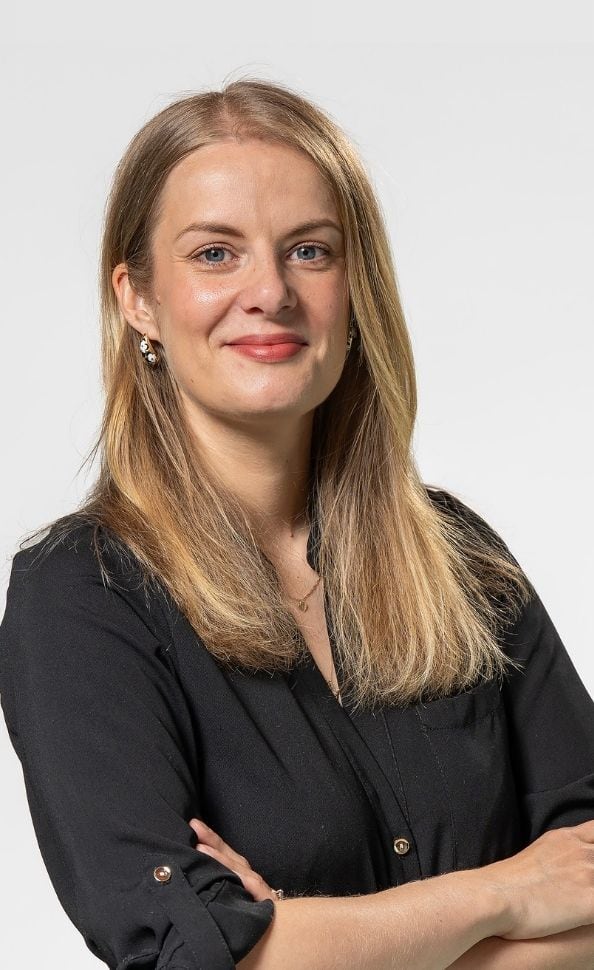
ATN: How does CCEP plan to integrate or test Avalo’s technology within its existing supply chain, particularly in key sourcing regions like Australia?
NT: We are working closely with the team at Avalo, Australian industry associations such as Cane Growers, and local farmers to build a plan to put the Avalo crop in the ground in Queensland. The sugar that is grown at these farms will be integrated into the existing Australian sugar supply chain. But this will be a multiyear project – with analysis of future yields potentially taking 3-5 years to come through.
ATN: What are the projected timelines for seeing tangible results?
NT: Avalo are in a research phase at the moment however the ambition is to have a test crop in the ground in 2026 to be harvested in 2027. CCEP’s support has helped Avalo to accelerate their original timeline so we can get a bigger impact more quickly.
ATN: Are there plans to expand this partnership to other crops or geographies if successful?
NT: We’re focused on sugar for now. We have a global supply chain with sugarcane grown locally in many different markets.
Achieving scale with Avalo would go a long way to helping us tackle the carbon footprint associated with growing sugar – as well as providing extra value to our growers – so yes, if successful we would love to expand this partnership across our supply chain.
ATN: What are the main risks or uncertainties associated with deploying AI-powered breeding at scale for sugarcane, and how are these mitigated?
NT: The important thing to note is that these are not artificial crops and there is no-GMO involved. The AI is used to optimise the crop selection process, but the crop itself is grown naturally, pollinated by bees in the field.
Once proven, the favourable economics with higher yields and lower costs mean that it should be quickly adopted by farmers in the region.
But, of course, this is still an early-stage business and there will undoubtedly be obstacles and challenges that the team will need to navigate before they reach scale.
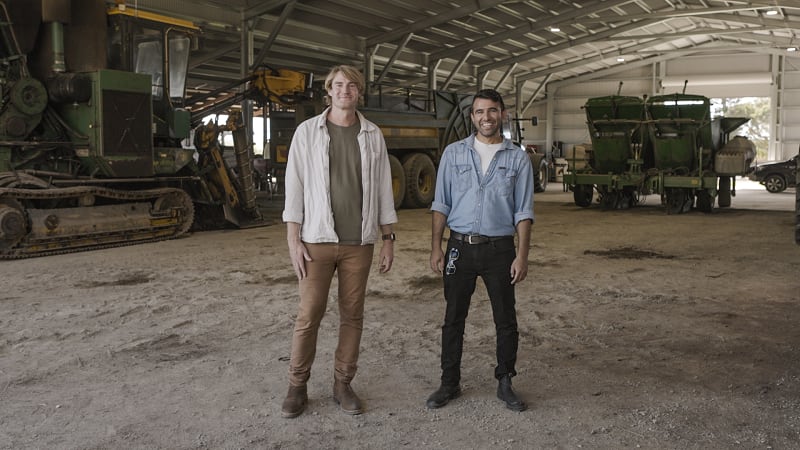
We understand that the success of many of these initiatives is far from guaranteed – and there is inherent risk to such innovative ideas ever reaching the required scale. But we lean into that and embrace these challenges by working closely with our partners to give ourselves the best chance of finding shared success.
ATN: How does CCEP envision commercializing or scaling the use of new sugarcane varieties developed through this partnership?
NT: Firstly, we have to work our way through the trial phase. These are early days of a multiyear process, but if we can show in Australia that Avalo can use AI to find sugarcane varieties that offer better yields from lesser quantities of water and fertiliser, then we would look at how this can be introduced to other growers in other regions across our global supply chain.
ATN: What’s your message to consumers and investors about innovation in sustainable ingredient sourcing in the beverage sector?
NT: Innovation is going to play a critical role in helping us get to our net zero 2024 ambition. Not just in terms of more sustainable ingredients, but across the whole value chain. That’s why we’re working with visionary founders with big ideas – and partnering with them to actively trial this technology within our operations.
With Avalo, we’re excited to be working with a partner that uses cutting-edge AI to find natural solutions to an environmental challenge.
We believe this is a wonderful example of the intersection of technology and nature – where we can use scientific progress to find nature-based solutions that make our operations more sustainable.
Nicola Tongue will be discussing CCEP’s partnership with Avalo at the World Agri-Tech Innovation Summit London, taking place on September 22-23, 2025


